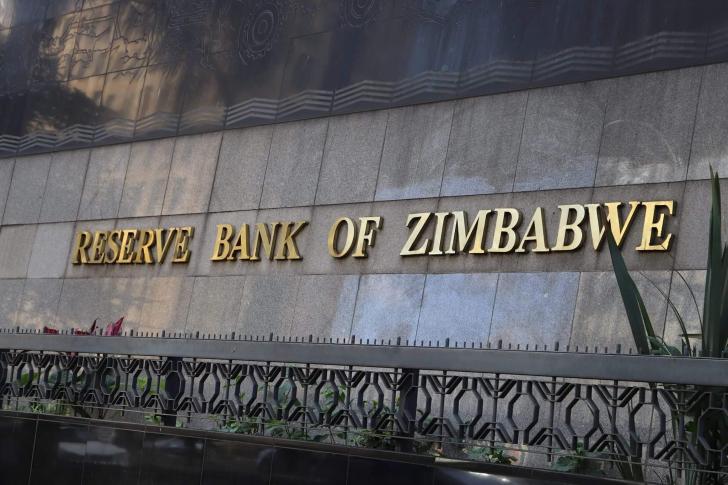News / Education
RBZ to investigate schools inflating fees using black market rates
13 Aug 2023 at 07:58hrs |
205 Views

The Financial Intelligence Unit (FIU) of the Reserve Bank of Zimbabwe (RBZ) has said it will investigate and take punitive measures against schools that are inflating figures of school fees in local currency by using parallel market exchange rates.
The FIU said such practices by schools, both private and public, are illegal and an affront to the gains made so far in stabilising the national economy.
In circulars seen by Sunday News, a number of private schools in Bulawayo have inflated fees for the third term using an unofficial rate of US$1: ZWL$10 000 against the official exchange rate which stood at US1: ZWL$4 559 last week.
At some institutions where the illegal black market model is used, the fees in local currency are pegged at ZWL$14 million, ZWL$15 440 000 and ZWL$19 800 000, and are subject to an upward review as the clock ticks towards the opening of schools.
The Consumer Council of Zimbabwe (CCZ) Matabeleland Region manager, Mr Comfort Muchekeza, said although it was commendable that the schools communicated the fees structure while there was still time, the unofficial rate they were using was "unacceptable and out of this world".
He said private schools were engaging in speculative behaviour by already predicting that the rates by the third term would be US$1: ZWL$10 000, which was contrary to what was happening on the ground. Mr Muchekeza said the past few months have witnessed a significant gain in value of the Zimbabwean dollar against the US dollar, something that has stabilised rates even on the black market.
The FIU has also indefinitely frozen bank accounts of a number of major suppliers of goods and services for allegedly refusing to transact in local currency and engaging in forward pricing, malpractice believed to be fuelling exchange rate volatility.
Furthermore, the Government suspended licences for 17 pharmacies in different parts of the country that were using parallel market exchange rates, violating Government policy and the country's anti-money laundering regulations.
Industry experts say the Government has made considerable progress in stabilising the economy, the exchange rate and general prices of goods and services by implementing a variety of fiscal and monetary stabilisation measures.
As an indication of the market's positive response to a series of policy interventions put in place by the Government and the monetary authorities, prices for basic goods and services have stabilised as the local currency has continued to firm.
The FIU said such practices by schools, both private and public, are illegal and an affront to the gains made so far in stabilising the national economy.
In circulars seen by Sunday News, a number of private schools in Bulawayo have inflated fees for the third term using an unofficial rate of US$1: ZWL$10 000 against the official exchange rate which stood at US1: ZWL$4 559 last week.
At some institutions where the illegal black market model is used, the fees in local currency are pegged at ZWL$14 million, ZWL$15 440 000 and ZWL$19 800 000, and are subject to an upward review as the clock ticks towards the opening of schools.
The Consumer Council of Zimbabwe (CCZ) Matabeleland Region manager, Mr Comfort Muchekeza, said although it was commendable that the schools communicated the fees structure while there was still time, the unofficial rate they were using was "unacceptable and out of this world".
The FIU has also indefinitely frozen bank accounts of a number of major suppliers of goods and services for allegedly refusing to transact in local currency and engaging in forward pricing, malpractice believed to be fuelling exchange rate volatility.
Furthermore, the Government suspended licences for 17 pharmacies in different parts of the country that were using parallel market exchange rates, violating Government policy and the country's anti-money laundering regulations.
Industry experts say the Government has made considerable progress in stabilising the economy, the exchange rate and general prices of goods and services by implementing a variety of fiscal and monetary stabilisation measures.
As an indication of the market's positive response to a series of policy interventions put in place by the Government and the monetary authorities, prices for basic goods and services have stabilised as the local currency has continued to firm.
Source - Sunday News
Join the discussion
Loading comments…













































